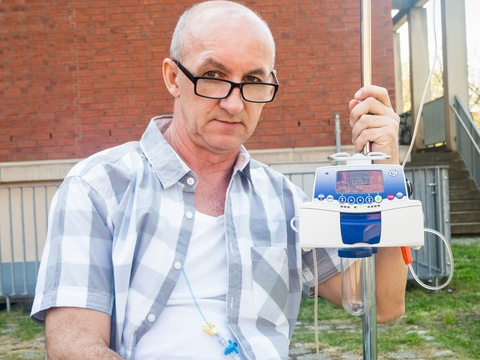Improving Survival in Epithelioid Mesothelioma: Following Treatment Guidelines
When doctors treat epithelioid mesothelioma, they use a mix of treatments. Treatment guidelines often include chemotherapy and surgery. But, a new study looked at whether patients were getting these recommended treatments and how it affected how long they lived. The Role of Guidelines in Prolonging Life A recent study checked data from an extensive database of mesothelioma patients between 2004 and 2016. They wanted to see if doctors followed the guidelines and if that affected how well patients did. They found something surprising. Only about 19% of 3,534 patients got the treatments that doctors usually recommend. Also, certain patients were more likely to get the recommended treatment. These were younger patients or those with insurance. Also, people living in wealthier…









